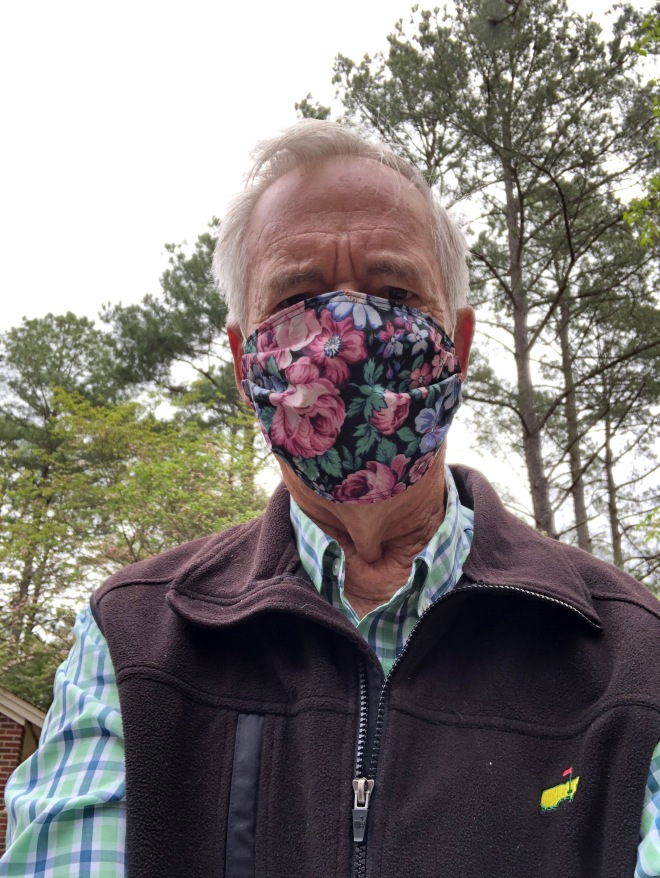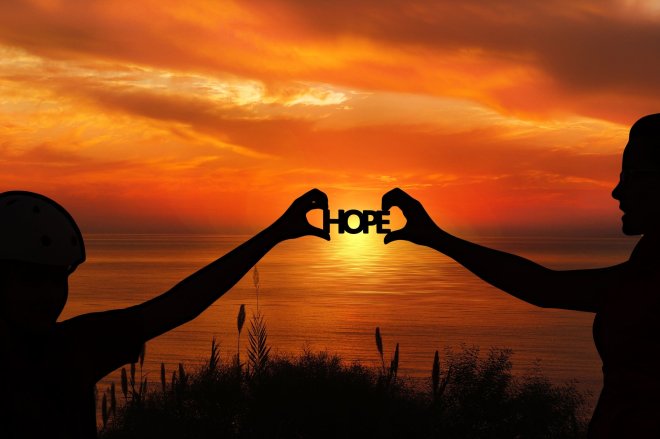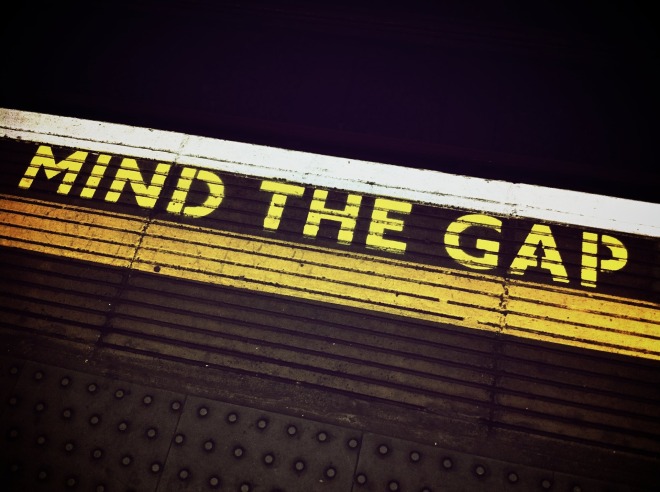
Consider it pure joy, my brothers and sisters, whenever you face trials of many kinds, because you know that the testing of your faith produces perseverance. James 1:2
As I write this, I can picture in my mind a pond where the surface is smooth and almost glassy. As a kid, the picture just invites one to throw something to see what happens. When I mentioned my picture of a calm surface of a pond to my grandson, Teddy, he grinned and said “Oh, yeh, that’s what I would do.”
I think every child has thrown a stone into a pond and watched the ripples resulting from the splash. The bigger the stone, the larger the ripples.
Covid-19 is a kind of stone that has landed in the middle of the world’s calm pond. Never before has the world collectively put their economies into cold storage for a couple of months. This post will be about some of the ripples – some large, some small, some unexpected, and some problematic
Clothing is still a necessity. But for the fashion industry and social distancing in place, there are no parties or functions that would require an expensive dress. So the fashion industry nimbly pivoted to the need for face masks, and you can now get designer masks – some for as little as $60. Who knew?
For many, losing track of what day it is has become the norm when you are stuck at home. You’re not alone because any big change in routine disrupts our structure according to one clinical psychologist. Until I read this, I thought I was losing it.
For sports bettors with almost all live sports shut down, gambling has taken a new wrinkle shifting to obscure competitions like gambling on a Russian table tennis match, or soccer in Burundi, basketball in Tajikistan or even professional darts.
Close to 40,000 Law students are finishing law school this spring. After 3 years of rigorous study, they have had the goal posts moved because because Covid 19 has postponed most state bar exams. That puts law firms and students alike in a pickle because passing the bar exam is a precondition to most jobs. Uncertainty reigns.
Which brings us to unemployment, a big ripple. In one month, 26 million became unemployed in the US. It’s estimated that 40% of Europe’s labor force will lose jobs – up to 59 million in all according to one estimate. Even China faces massive unemployment.
The rapid closing of businesses had one small ripple – people left their office plants behind when they rushed out grabbing only laptops and gym bags. The fate of plants remains in question.
While swarms of locusts already affected the world’s food supply in Africa, the UN food agency warned that Covid-19 could trigger a “food pandemic” of biblical proportions leading to more deaths from famine than from the Coronavirus.
The pandemic will have a lasting impact on millennials – both economically and politically. They experienced the great recession of 2008 and graduated into a terrible job market.
Unemployment of millennials in the 2008 recession was around 13%. Many opted for college, taking on student debt at unprecedented levels which averages $33,000 each. They already distrusted institutions of all kinds – government, education, business and even the institutional church. The pandemic hasn’t helped their trust.
Jerry Seib said it this way: “You (millennials) and your friends, while less susceptible to the ravages of the virus itself, find you are the most likely to lose a job, wages and health insurance amid the crisis.”
One upshot of the uncertainty of millennials and Gen Z to this crisis may force us to take behavioral health more seriously according to Forbes magazine. Social isolation leads to loneliness which leads to despair which leads to…..well, you get the picture.
There has been a spike in “prescriptions for medications targeted to the treatment of anxiety, depression and insomnia as the Covid-19 crisis was gathering steam.” The article goes on to suggest some simple steps to maintain better balance.
Not all is bleak, though. Some people have stepped up their giving to help others, like a couple who gave their $1,200 stimulus check as a tip to all workers in a restaurant. Other wealthy individuals are stepping up large donations like David Tepper who has given $22 million so far.
One effect that has touched all of us is the change of our gatherings and friends. Birthdays are celebrated virtually via Zoom. Even worse, coronavirus patients are dying alone which is terribly sad.
Casual meetings with friends has taken a hit. I am “meeting” today via Zoom with my two close friends. We’ve had lunch together weekly for over 25 years, and we miss the connection.
The challenge is that we face difficult times with lots of moving parts resulting in lots of ripples in our lives. The next generations have had their lives disrupted in ways that may forever change their futures. They need grounding on biblical concepts.
In Coronavirus and Christ, John Piper says we need reality, not sentimentalism in times like these. “God is real. Death is real. Life is real. Jesus Christ crucified and risen, and reigning is real. Salvation is real. Eternal joy is real.”
MENTOR TAKEAWAY: Read Piper’s free book to reinforce your sense of what God is doing through all of this. It will help ground you when you face questions from your mentee.
RESOURCES: Taking Behavioral Health Seriously – Forbes
Dying alone from Covid-19- A Doctor’s View
Coronavirus and Christ – Free Download – John Piper
WORSHIP: Listen to Beneath the Waters (I will Rise) – Cornerstone
SUBSCRIBE: You can receive an email notice of each post by clicking on the icon at the top right corner and entering your email address.



